Mali : La ruée vers les terres
- Radio Canada
- 12 Mar 2010
Reportage sur le projet de MALIBYA, une société libyenne, au Mali.
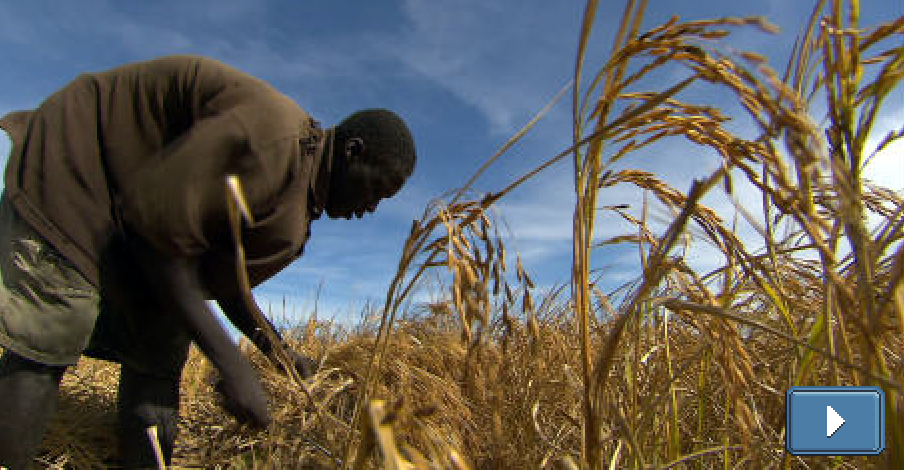
Reportage sur le projet de MALIBYA, une société libyenne, au Mali.
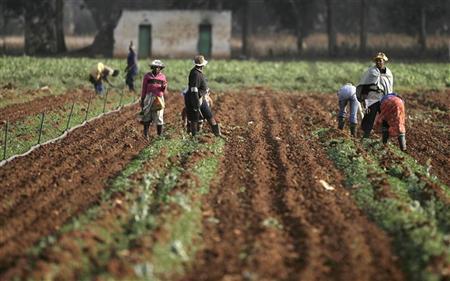
A new land deal allowing South African farmers to produce livestock, milk and fruit in Libya has been put on hold pending the finalisation of an investment protection agreement between the two countries.
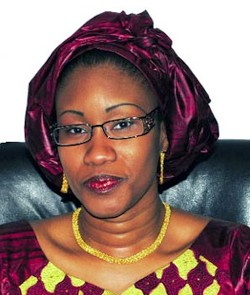
La véritable nouveauté semble être le déplacement de l’épicentre de la spéculation de l’économie virtuelle vers l’économie réelle, précisément l’agriculture de marché, qui est non pas un facteur de sécurité alimentaire, mais la source même de péril climatique, d’insécurité alimentaire, et d’insécurité tout court.

"Some Saudi princes told president Lula they do not want to invest in agriculture in Brazil in order to sell here in Brazil, they want food supply sources," says Brazilian minister of Development Miguel Jorge
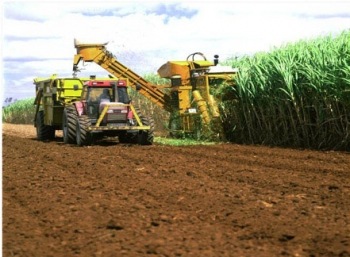
Both private and public sector investors from countries such as Qatar, Libya, Jordan, the UAE and Saudi Arabia in the Arab world as well as China and Korea elsewhere now hold long term rights to a total of two million feddans of arable land in Sudan, according to figures from the country’s agriculture ministry.

"Without significant road improvements, it is unlikely that the ADA rice will reach markets in Maryland, River Gee, or Grand Kru and Liberia will continue with an insecure food supply."

"I think it is not right to sell or give your land to foreigners... until you have exhausted every local possibility," said Osama Daoud, chief executive of the Sudanese DAL group which runs large agricultural projects.
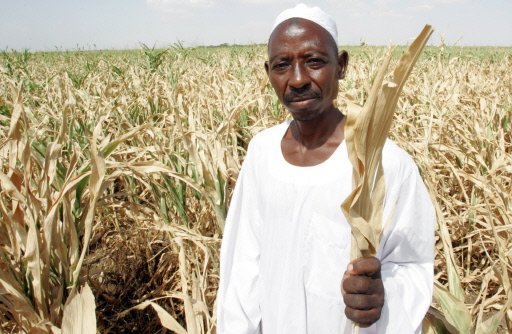
Inversores árabes y asiáticos buscan tomar el control de amplias extensiones de tierras fértiles en Sudán, el país más grande de África, que quiere convertirse en el granero de Oriente Medio, aunque para ello deberá modernizar primero su agricultura.
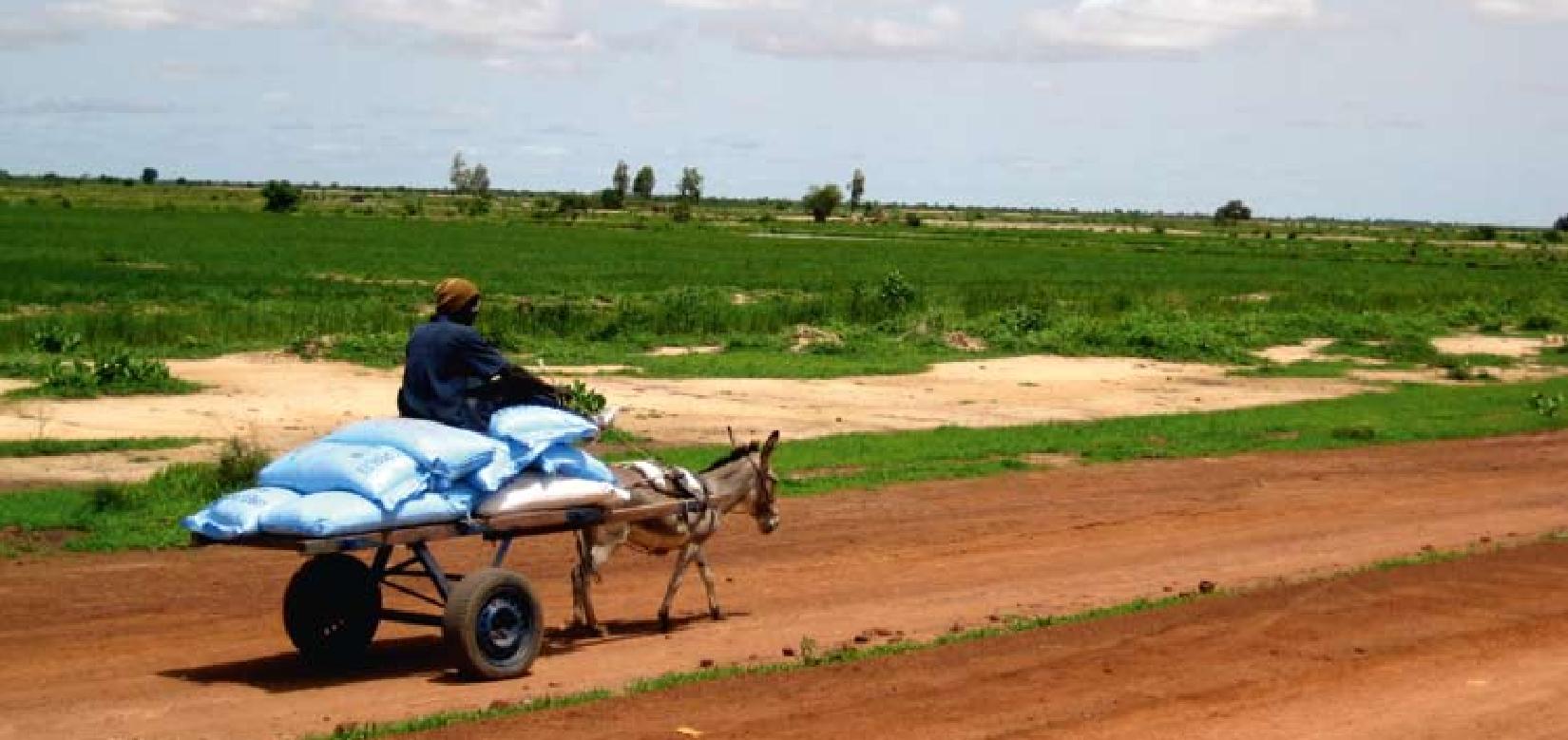
"Personnellement je ne vois pas ce que les petits producteurs peuvent gagner avec des investissements privés étrangers de masse." Un entretien avec Moussa Djiré.
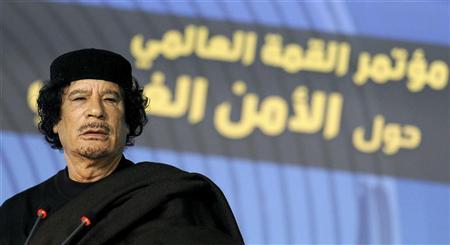
Libya's Muammar Gaddafi called for an end to the purchase of African farmland by food-importing nations at a UN hunger summit on Monday, describing it as "new feudalism" which could spread to Latin America as well.
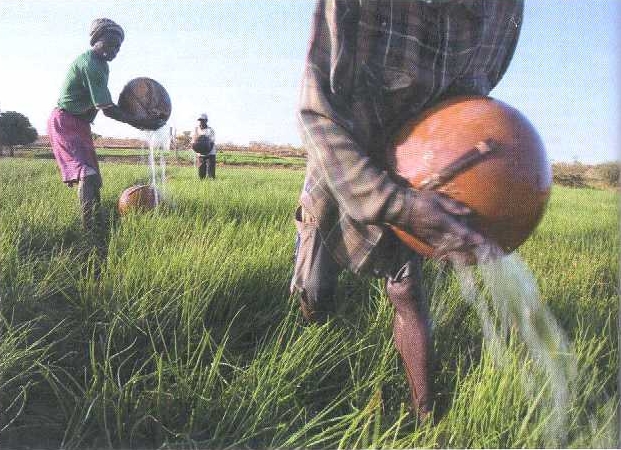
IIs ont des mines inquiètes. « La politique du gouvemement est tournée vers les investisseurs etrangers. Mais, nous, qu'allons-nous devenir? »

De Jager is worried about Libya’s record in enforcing contracts with foreign companies, and the lack of social support networks. “There’s a lot of money to be made for someone with balls,” he says.